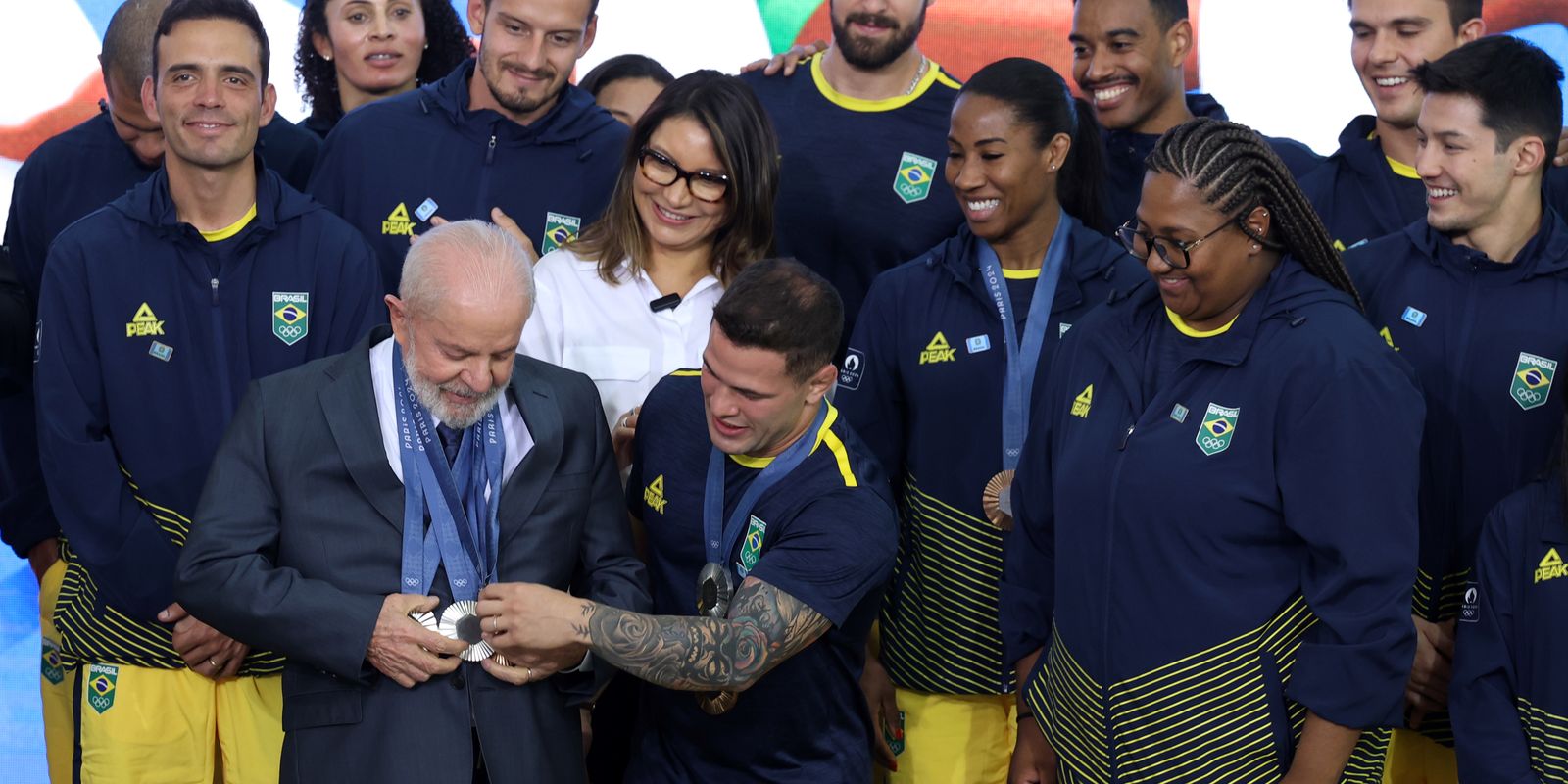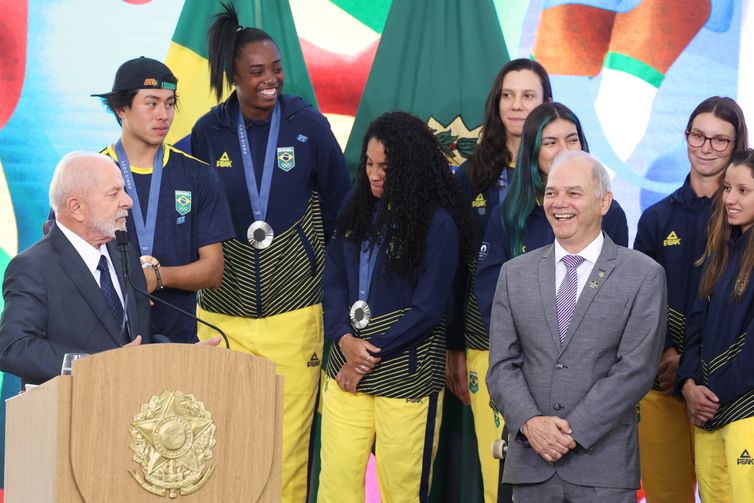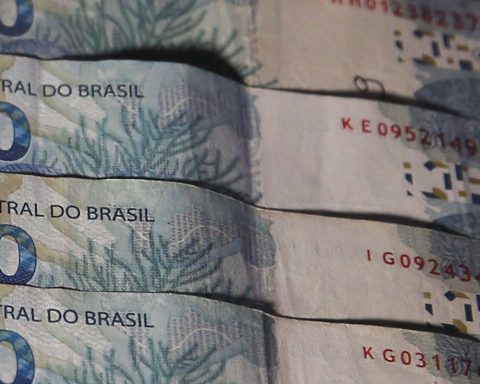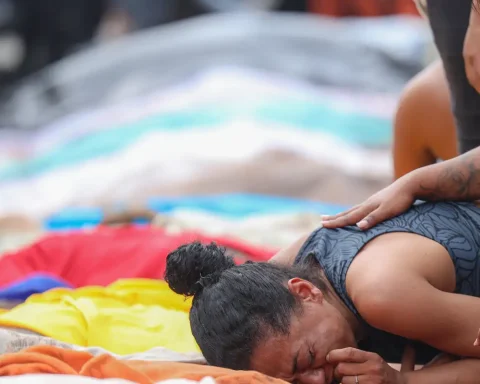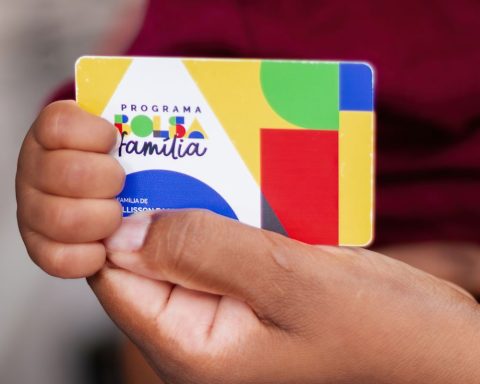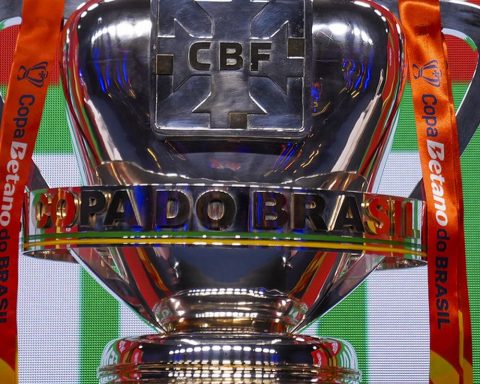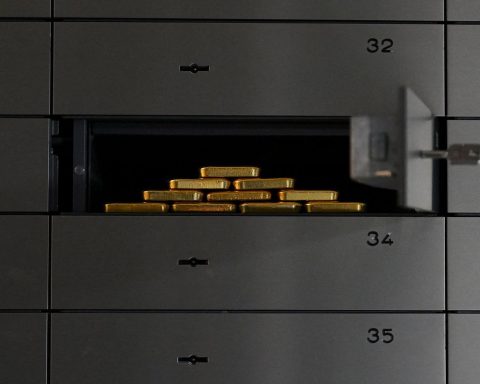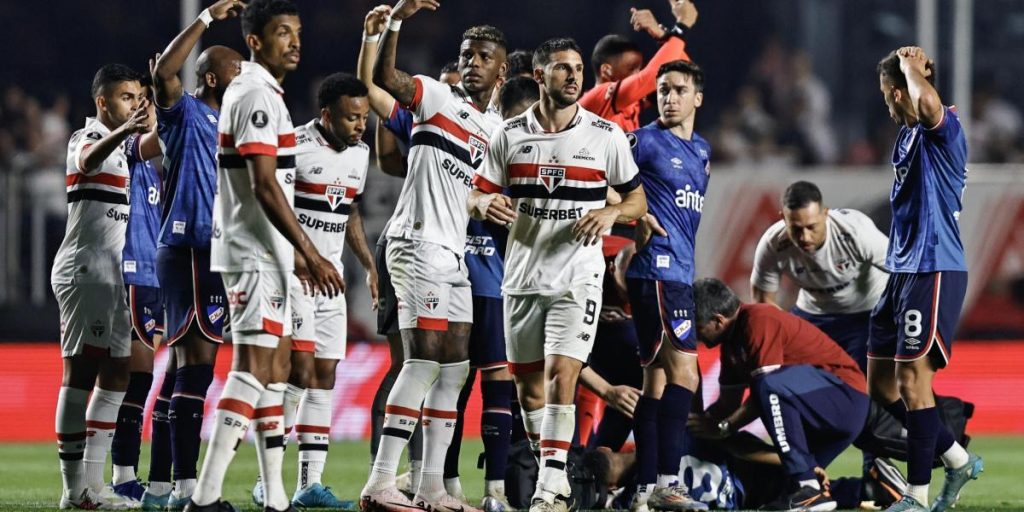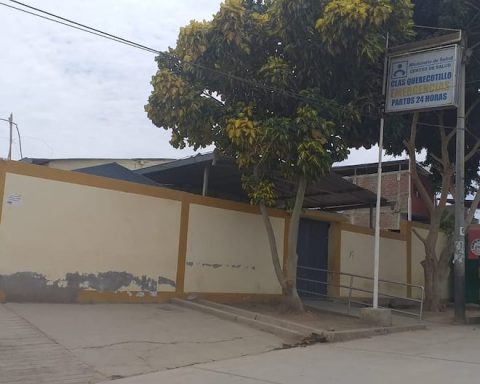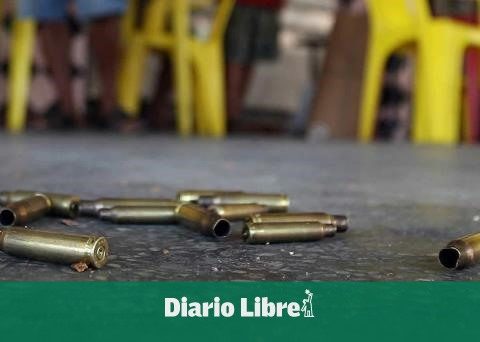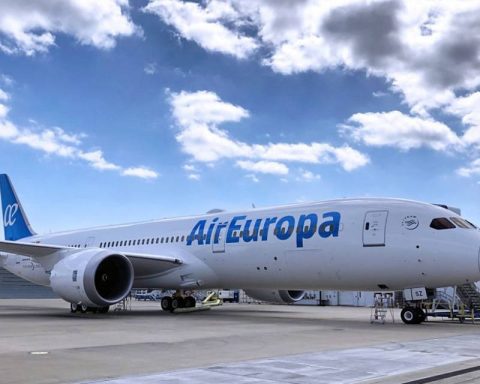President Luiz Inácio Lula da Silva met this Monday (26), at the Planalto Palace, with around 35 Brazilian athletes, from different sports, who participated in the Paris Olympic Games.
Among the athletes present were Olympic champion Bia Souza, gold in judo, and other medalists, such as Caio Bonfim (silver in the athletics race walk competition), Edival “Netinho” (bronze in taekwondo), Yasmin Ribeiro (silver in women’s football), Augusto Aiko “Japinha” (bronze in men’s skate park) and Julia Soares (bronze in team gymnastics). In France, Brazil won 20 medals in 11 sports, with three golds, seven silvers and ten bronzes, finishing its participation in 20th place in the overall medal table of the 2024 Games.
In his speech, Lula praised the participation of the Brazilian delegation, the vast majority of which receives support from the federal government through the Bolsa Atleta program, created in 2010 and which was recently adjusted by 10.86%. When mentioning the program, the president said that it helps people who are starting out in the sport to at least be able to buy equipment, but that, from now on, he will work to ensure that public companies also sponsor athletes in the development phase.
“This is something we are also going to survey, in Brazilian public companies, how many of them sponsor our Olympic athletes. Because it is very easy to want to sponsor a team that is a champion, what I want to see is sponsoring a boy or girl from the outskirts of this country who wants to participate in sports,” he said.
Lula also criticized the country’s lack of preparation to promote sports from the grassroots level, with schools lacking infrastructure and technical support for talent, emphasizing that a lesson must be learned from the last Olympic Games. The president said he wanted to participate in a planning meeting with sports entities for the next Olympic cycle.
“When I say that we must learn a lesson, it is because I am willing, I am offering myself here publicly, if the [Paulo] Wanderley, who was the head of our Olympic Committee, wanted to call a meeting in Rio de Janeiro with the athletes, with the leaders of judo, boxing, and other entities, so that we could discuss what to do in the next four years. How can we prepare this country to make a qualitative leap forward?”
Sports support
Gold medalist Bia Souza, from judo, said it was an honor to win a medal representing Brazil, and mentioned the importance of the Bolsa Atleta, a Bolsa Pódio type (which can reach R$16,629/month).
“I can say that it has transformed not only my life, but everyone’s life up until now. It is a great investment that we can have in our career, our life. It helps us to invest not only in sports, which is our greatest dedication, our greatest priority in life. We make many sacrifices to be here. And our greatest achievement is to be at the Olympic Games representing Brazil,” he said.
Bronze medalist in Taekwondo, Edival Pontes, also known as “Netinho”, also highlighted the importance of the policy of supporting athletes. “I feel grateful, I am grateful for this Bolsa Atleta program, which was very important at the beginning of my career. I really needed to show my talent, and I wasn’t good at sponsorships, that kind of thing, so Bolsa Atleta helped me to travel and do well in competitions.”
Olympic equity
Also in her speech, First Lady Janja da Silva, who represented President Lula in Paris during the Olympic Games, praised the excellent campaign of Brazilian women who, for the first time in history, won more medals than men. Of the 20 podiums, 12 came in women’s competitions, including the three golds, as well as a mixed team podium in judo. Of the 60 Brazilian medalists in Paris, 48 were women.
“It was an Olympics of equality, between men and women. It was a milestone in the history of the Olympics,” he said. According to Janja, the company Itaipu Binacional will offer sponsorship to the Olympic canoeing team.
